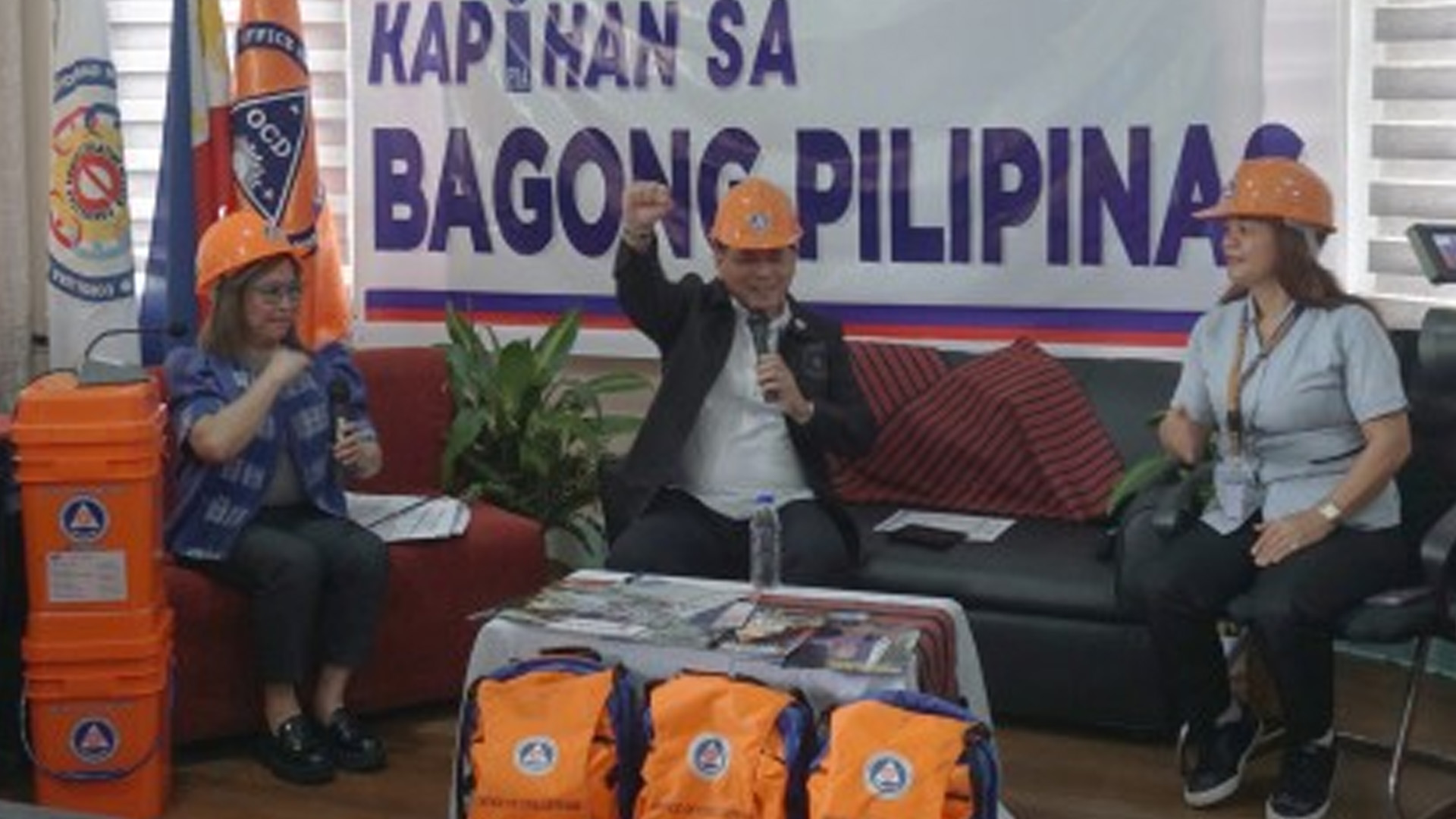The Cordillera Disaster Risk Reduction Management Council (CDRRMC) continues to implement Covid-19 strategies as a readiness measure, which is also used to address the dengue situation that has exceeded the threshold level.
“The region has learned from the Covid-19 pandemic as evidenced by levels of DRRM putting in place the preparedness for emerging and re-emerging diseases,” Albert Mogol, CDRRMC chair and Office of Civil Defense (OCD) Cordillera director, said during the Kapihan sa Bagong Pilipinas press briefing here on Tuesday.
Mogol said the Prevent-Detect-Isolate-Treat-Reintegrate (PDITR) strategy is in the DRRM plan since it was proven effective during the pandemic and possibly against other illnesses that might slow down the economy.
He said the DRRM plans include management and handling of infectious diseases, strengthening of government-run laboratories and putting in place polymerase chain reaction services capable of performing a more extensive determination and identification of viruses and bacteria.
Super health centers, or health facilities that have capabilities of serving patients sans the major hospitals, are also being established in provinces and municipalities to help address the volume of patients going to the hospitals.
Mogol said village health stations, including those in geographically isolated and disadvantaged areas, are also being capacitated to ease the burden on bigger hospitals.
Temporary treatment and monitoring facilities and isolation centers used during the Covid-19 pandemic are likewise being repurposed, such as the one in Itogon, Benguet which is now a dialysis center.
He said DRRM responders have been given updated training not only for natural calamities but also for health emergencies.
“Halos lahat na ng (almost all) LGUs (local government units) have invested in resilience programs aside from preparation for natural, man-made and health emergencies,” he said.
He expressed gratitude to civil society and non-government organizations that help respond to emergencies.
“We are thankful that in our culture, binnadang (helping hand) is alive and we have over a thousand volunteers who are capacitated and ready to help in emergencies,” he said. (PNA)









